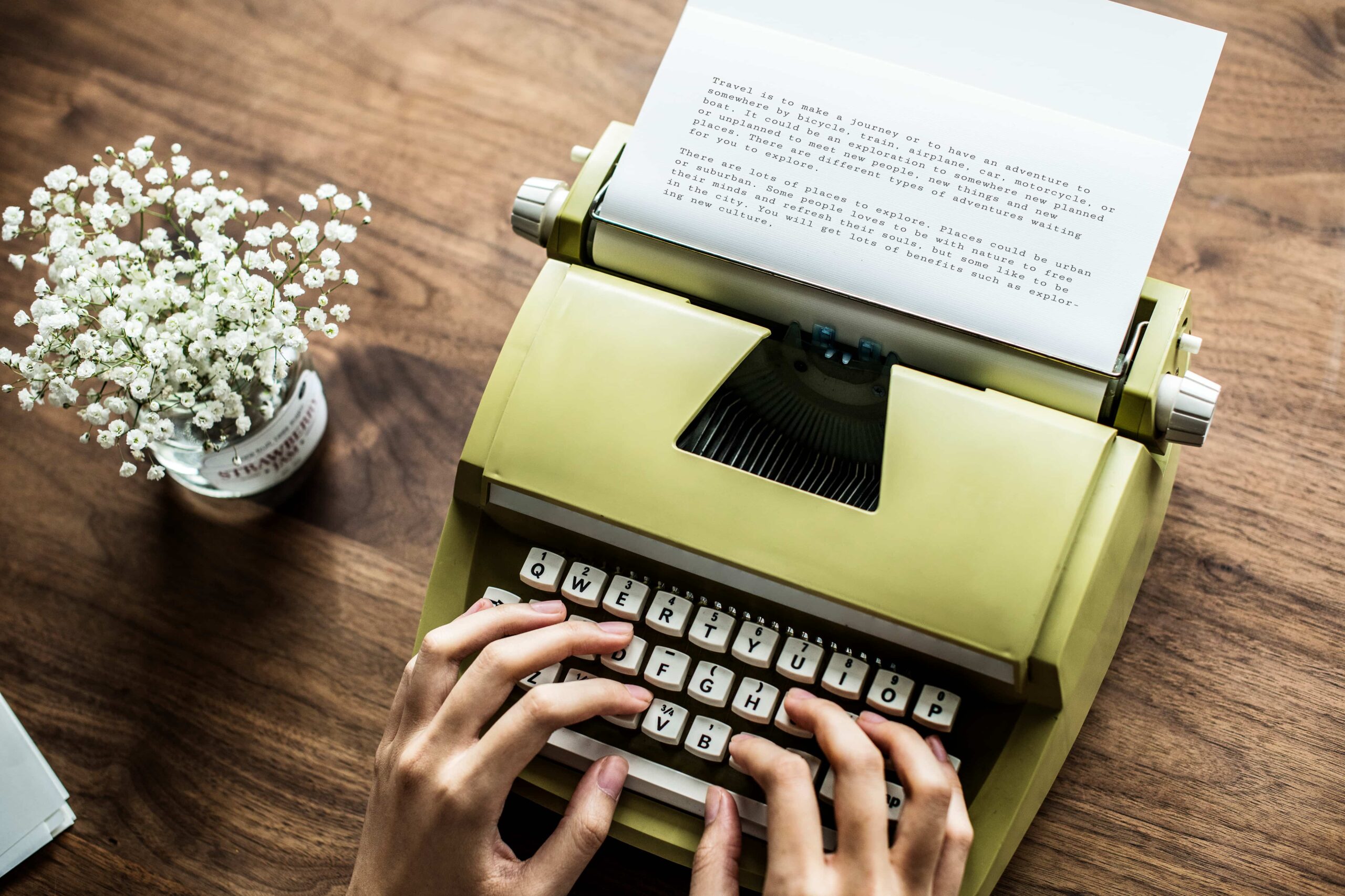Can AI Finally Write Your Great American Novel?

In a world where technology continually blurs the lines between science and art, whether AI can craft the Great American Novel looms large. The rise of artificial intelligence, particularly in natural language processing, has sparked a fascinating exploration into the realms of creativity and storytelling. Can machines, armed with algorithms and data, truly capture the essence of human expression? This inquiry delves into the evolving synergy between artificial intelligence and the centuries-old craft of novel writing. As we navigate this uncharted territory, the prospect of AI-generated literary masterpieces both captivates and challenges our understanding of creativity, prompting us to question the essence of what makes a novel a work of enduring art.
1. The Rise of AI in Creative Writing
- The notion of machines generating creative content is only partially novel. Over the past few years, AI has made substantial progress in comprehending and mimicking the intricacies of human language, leading to the development of advanced natural language processing (NLP) models. These models, such as OpenAI’s GPT-3, are trained on vast datasets containing diverse language patterns and styles, enabling them to produce text that closely resembles human writing.
- AI-generated content has already entered various industries, from journalism to marketing. However, the prospect of AI crafting an entire novel, especially one as revered as the Great American Novel, brings forth both excitement and scepticism.
2. The Challenges of Creative Expression
- Writing a novel is a profoundly human endeavour that involves creativity, emotion, and a unique perspective on the world. Can AI genuinely capture what makes a novel a timeless piece of art? Critics argue that while AI can replicate syntactical and grammatical structures, it may struggle to infuse a narrative with the depth of human experience, emotions, and cultural nuances that define a literary masterpiece.
- AI models cannot draw from personal experiences or comprehend the intricate web of human emotions that underpins excellent storytelling. The spontaneity, intuition, and subtle art of understanding the human condition seem beyond the reach of current AI capabilities.
3. The Collaborative Approach
- Rather than replacing human authors, AI is increasingly being seen as a collaborative tool that can enhance the creative process. Writers can leverage AI to overcome writer’s block, generate ideas, or refine their prose. The synergy between human intuition and AI capabilities can potentially yield unique and compelling narratives.
- AI can analyse vast amounts of literature to identify patterns and offer suggestions, acting as a virtual writing companion. This collaborative approach is not about relinquishing control but about expanding the boundaries of creativity by incorporating the strengths of both humans and machines.
4. The Ethical Dilemma
- The ethical dilemma surrounding AI in literature revolves around ownership, originality, and emotional connections. As AI gains proficiency in storytelling, questions arise about the rights to novels co-authored by machines and navigating the fine line between creativity and machine-generated content.
- Concerns about authorship, intellectual property, and possible ramifications impact the emotional bond between readers and human authors, underscoring the need for careful ethical consideration. Balancing the promise of technological innovation with respect for traditional creative processes becomes imperative to ensure a responsible integration of AI in literature.
Conclusion
In the evolving landscape of literature and technology, the marriage of AI and the Great American Novel remains a nuanced dance between innovation and tradition. While AI demonstrates impressive linguistic capabilities, the emotional depth and nuanced understanding of the human experience that define timeless literary works still elude its grasp. Instead of an outright replacement, envision AI as a collaborator, an innovative tool amplifying human creativity. The quest for the Great American Novel becomes a shared journey where human authors and machine intelligence converge to explore new frontiers in storytelling. As we navigate the ethical considerations and creative possibilities, the future promises not a takeover but a symphony of human ingenuity and artificial assistance, charting a course toward uncharted literary horizons.





